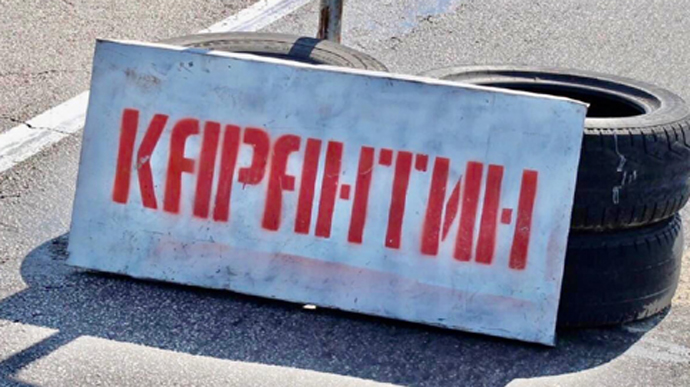U.S. pig industry gets 'real' money to fight ASF
The USDA Animal and Plant HEALTH Inspection Service (APHIS) has received $500 million to help prevent and control African swine fever (ASF), which could seriously harm the US pig industry if it reaches the United States.
This week, Tom Vilsack announced that USDA Commodity Credit Corporation funds will be used to fight ASF. CCC, a wholly owned corporation established in 1933, implements certain agricultural programs approved by Congress and carries out other activities under the CCC Charter Act.
This funding is unprecedented both in terms of the amount allocated to combat a single animal disease and in terms of the amount provided up front, even before disease control measures are needed in the United States. And this is thanks to the tireless efforts of the National Pork Producers Council (NPPC), working with Congress and the USDA, to protect pork producers in the country.
Since ASF began spreading across Asia in 2018, the NPPC has been urging lawmakers and administration officials - in the Biden and Trump administrations - to prepare for the risk of the disease entering the US, among other things by asking for more US agricultural inspectors and more staff for APHIS veterinary services. . , APHIS veterinary stock funds for equipment to euthanasia a large number of pigs and additional facilities for washing trucks carrying livestock.
The NPPC is also educating U.S. pork producers on the precautions they should take to protect swine herds from the disease, including being careful when accepting visitors from ASF-positive regions of the world to farms, reviewing biosecurity protocols to ensure consistent practices for appropriate safeguards and discussion. with feed suppliers of the origin of the ingredients they use in the production of pig feed.
Of course, his biggest request was for more government funding to fight the disease, which poses no threat to humans but is highly contagious to pigs and has a nearly 100% death rate.
Funding has become more in demand following the recent discovery of ASF in the Dominican Republic and Haiti. For the first time in 40 years, the disease was detected in the Western Hemisphere, and APHIS immediately took steps to stop the spread of ASF to the US mainland, as well as Puerto Rico and the US Virgin Islands.
These actions included asking the World Organization for Animal Health (OIE) to recognize Puerto Rico and the U.S. Virgin Islands as a "quarantine zone", which would allow the United States to continue exporting pork if one or both of the U.S. island territories becomes infected with ASF. .
APHIS has also issued a cease and desist order for all live pigs, porcine germplasm, porcine products, and pig by-products from these US territories. In the two weeks since then, plant protection and quarantine program inspectors have seized 2.3 tons of smuggled animal products bound for the United States from Puerto Rico.
An infusion of $500 million - "real" money - will help keep the United States free of ASF and, if the disease shows up here, quickly contain and eradicate it, the Pig Breeders' Union is confident.

